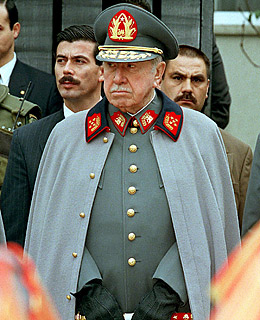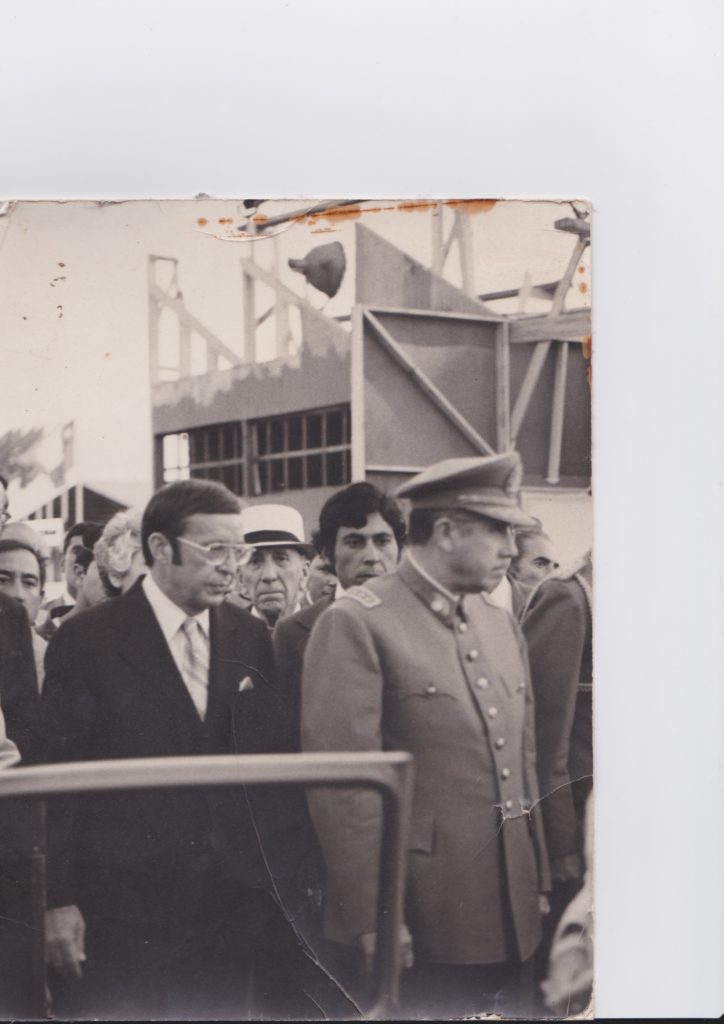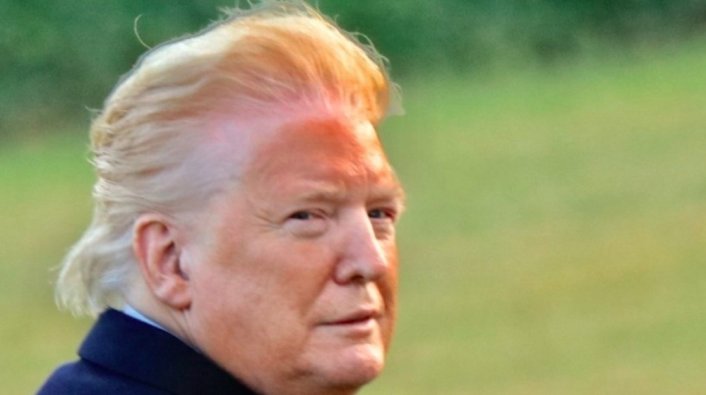I have been thinking about US foreign policy after the upcoming election. My working assumption is that try as he might, Trump will lose the election and be forced from office. There will be much litigating of the results and likely civil unrest, but on Jan 21, 2021 the Orange Merkin will no longer disgrace the office of US president.
The damage to the US reputation and interests done by the Trump administration has been extraordinary and will take much time and effort to reverse, and even then some of the damage may be irreparable. The scope of what has to happen is too broad to discuss in a short KP post, but here is some food for thought: If Biden wins the US election he should name Barack Obama as ambassador extraordinaire/special envoy to lead the repair, restoration and reform of US foreign relations.
That is a very big task, which is why no one can do more to undue the damage wreaked by Trump than POTUS 44. Obama is the most respected politician in the world according to global surveys and his party is (slowly) moving leftwards. The latter is important because it means that some of the old shibboleths of US foreign policy like unconditional support for Israel or Saudi Arabia can be challenged from within the Democratic establishment of which Obama is part. More broadly, he represents both continuity and change in US foreign policy, and has the stature to confront, cajole and convince international interlocutors. Unconstrained by the strictures of the presidency yet deeply aware of US failures and flaws–including his own while POTUS–as well as its strengths and interests, Obama would have relative freedom and autonomy when negotiating on the country’s behalf. That affords him some room for manoeuvre when addressing thorny matters of international import.
All he needs is institutional (presidential, most importantly) support and the awareness that the US cannot return to the status quo ante. Post-Trump and post-pandemic, with new power contenders firmly entrenched in the international scene and with a broad erosion of international norms and mores, the world is a different place than it was during his term in office, and not necessarily one that looks to the US for unchallenged leadership or moral guidance. That is precisely why someone of his stature is needed to help redefine and reconstitute US foreign relations.
Theoretically Obama could take a step down to SecState, but that is awkward given his previous job and prior relationship with Biden. Making him a global Mr. Fix-It answering directly to POTUS 46 gives him institutional weight commensurate with his stature as ex-president. That frees up the eventual SecState to concentrate on rebuilding the foreign service (decimated by Trump’s minions) and conducting the daily business of diplomacy while Obama concentrates on the hard nuts to crack: the suspended START intermediate range missile negotiations with the Russians, the abandoned Iran nuclear limitation deal, the cancelled Trans Pacific Partnership (TPP) trade compact, Israeli-Palestinian relations, the DPRK impasse, etc. He knows the issues, he knows the principles and principals involved and he knows the history behind and between them.
There will be much on Obama’s plate, to be sure, but with enough resources devoted to the task such a division of labor between him and the State Department could more rapidly address the myriad areas of foreign policy that have been left derelict or deliberately damaged by the mediocrities currently running the White House, Foggy Bottom and other agencies of the federal government responsible for foreign policy issues. That makes the selection of SecState especially important, as the person would need to be able to handle Obama’s plenipotentiary status and also the demands of running the foreign policy bureaucracy while supporting the ex-president’s endeavours.
Biden has already singled that he will use some “old hands” (mostly Obama staffers) in his foreign policy team and will re-assert the preference for democracy and human rights in his approach to foreign relations. But his nostalgic perspective will need to be seriously tempered by two incontrovertible facts, one internal and external. Externally, he will take office at a time when the US is a declining power confronted by rising and resurgent powers and an absence of consensus on how nation-states should behave in such transitional times. It no longer has the will or the ability to be the world’s policeman and the US-led global economic model operative during a half century has seen its frailties exposed by Covid-19. The US must adjust accordingly.
Internally, Biden must agree to a significant number of the foreign policy demands of the left-wing of the Democratic Party not only in order to win the election but in order to achieve stability within government after it. He will try to do so incrementally rather than radically but the bottom line is that he has to do so given the changing times in which we live.
Then there is the military aspect of foreign policy. Since Bush 43 the US has been over-reliant on the military as a blunt instrument of foreign policy to the detriment of diplomacy. The traditional dictum that the military should be used only when diplomacy fails has long been discarded, and the Trump administration simply does not comprehend that “military diplomacy” is not always about the deployment, threat and use of force. The relationship between diplomacy and military force is not a zero sum game. The approach to it therefore has to change.
Recently Hillary Clinton has written about the need to reconsider the “Four D’s” of foreign policy: defence, diplomacy, development and the domestic sources of US international relations. Although she (like Biden and Obama) remains wedded to the liberal internationalist school of thought whereby market economies and democratic politics are considered to be the best economic-political combination for both national as well as international politics (something that is under serious challenge on a number of fronts including from within the US), her call for a review and revision of the priority placed on the four pillars of US foreign policy represented by the “D’s” is worth considering.
In fact, although there is a need to bring in fresh and more progressive voices into the US foreign policy establishment, Hillary Clinton might just make an excellent Secretary of Defence should she be willing to take the job. After all, no one is going to say that her relatively hawkish views are ill-suited for the job running the Pentagon, and her vast experience can be used to bring entrenched interests within it into line, assuming that she believes her own words about the need for institutional reform. Like Obama, she can represent continuity and change, this time in US military policy. She knows the issues, she knows the principles and principals involved, and she knows the history behind and between them.
After the disaster that is Trump and company, her perceived flaws pale in comparison–and they will not be up for electoral scrutiny in any event since SecDef is a nominated position confirmable by Congress, not an elected position subject to the popular vote. Should the Democrats cut into the GOP Senate majority or win control of the Senate in November, then she should be given serious consideration for the job.
There will be much work to be done. The US needs experienced hands to undo the damage, but it also needs an ideological rethink given the changed context post-Trump. In an ironic way, Trump has cleaned the slate and therefore cleared the way for a new approach to US foreign policy. That moment is soon to arrive. So long as Biden, Clinton and Obama have learned from the past and are listening to the left side of the Democratic base, it seems sensible to use them in their reconfigured roles.
For more on this check out this week’s “A View from Afar” podcast.





